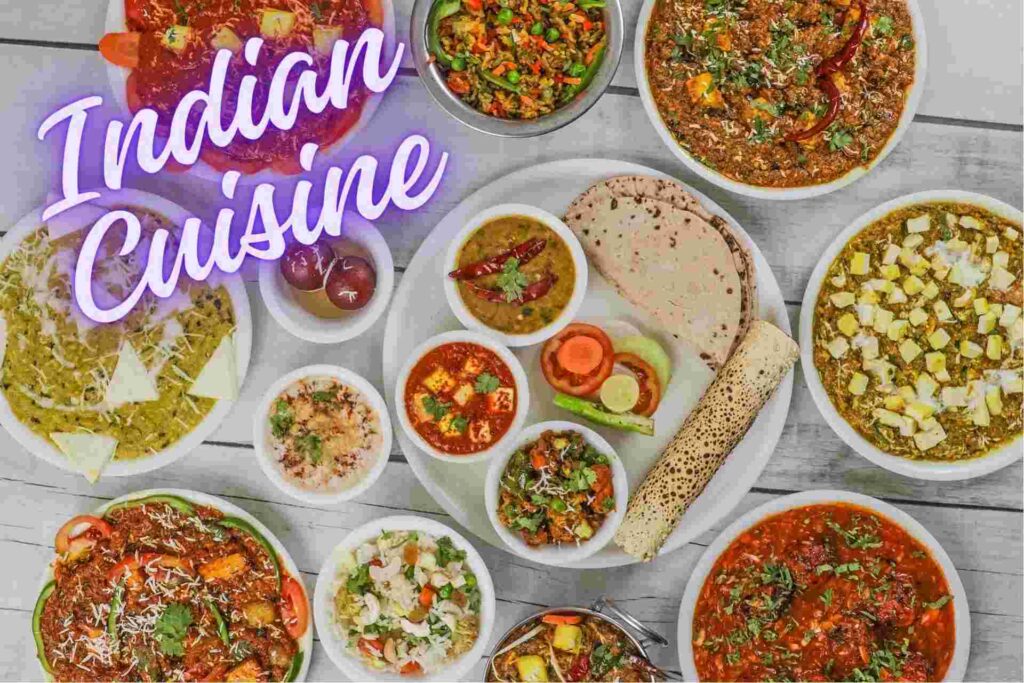
Indian cuisine stands out as one of the world’s most diverse and widely acclaimed culinary traditions, boasting a rich history that spans over 5,000 years. The intricacies of Indian flavors and cooking techniques have been meticulously woven together from the myriad threads of diverse cultures, religions, and traditions. The result is an exquisite symphony of aromas, tastes, and textures that have captured the hearts and palates of people worldwide.
Ancient Origins
The roots of Indian cuisine can be traced back to the ancient Indus Valley Civilization, which thrived in the regions of present-day India and Pakistan from 3300 to 1300 BCE. Archaeological evidence reveals that the Indus Valley people cultivated an array of crops, including wheat, barley, rice, lentils, and a variety of fruits and vegetables. They also domesticated animals such as cattle, sheep, and goats, providing essential sources of protein and dairy products for their diet.
Vedic Influence
The Vedic period, spanning from around 1500 to 500 BCE, witnessed the emergence of Hinduism and the development of Ayurvedic medicine. These influences had a profound impact on Indian cuisine, shaping dietary practices and the use of spices for both culinary and medicinal purposes.
Spices and Trade
The spice trade played a pivotal role in shaping Indian cuisine, introducing a wealth of exotic flavors from around the world. Spices like turmeric, cardamom, black pepper, and ginger became integral to Indian cooking, adding depth, complexity, and a unique aromatic profile to dishes.
Foreign Influences
Throughout history, India has been influenced by various foreign powers, each leaving its imprint on the country’s culinary heritage. The Persians introduced saffron, dried fruits, and nuts, while the Mughals contributed rich gravies, tandoori ovens, and the concept of dum pukht, a slow-cooking method that infuses flavors.
Regional Diversity
India’s vast geographic expanse and diverse cultural landscape have given rise to a plethora of regional cuisines, each characterized by distinct flavors, ingredients, and cooking techniques. From the fiery curries of the South to the rich, creamy dishes of the North, Indian cuisine offers a culinary adventure for every palate.
Religious Influences
Religion has also played a significant role in shaping Indian cuisine. Hinduism, with its emphasis on vegetarianism, has led to the development of a wide array of meatless dishes. Meanwhile, Jainism, which strictly prohibits the killing of any living organism, has given rise to an even more stringent vegetarian tradition.
Modern Indian Cuisine
Today, Indian cuisine continues to evolve, drawing inspiration from its rich heritage while embracing modern culinary techniques and global influences. Indian chefs are experimenting with new ingredients and presentations, showcasing the versatility and creativity of Indian cuisine.
Indian cuisine stands as a living, breathing testament to the ingenious and resilient spirit of the Indian people. It is a continuously evolving culinary tradition that has transformed simple ingredients into exquisite masterpieces, leaving an indelible mark on the global culinary landscape.




